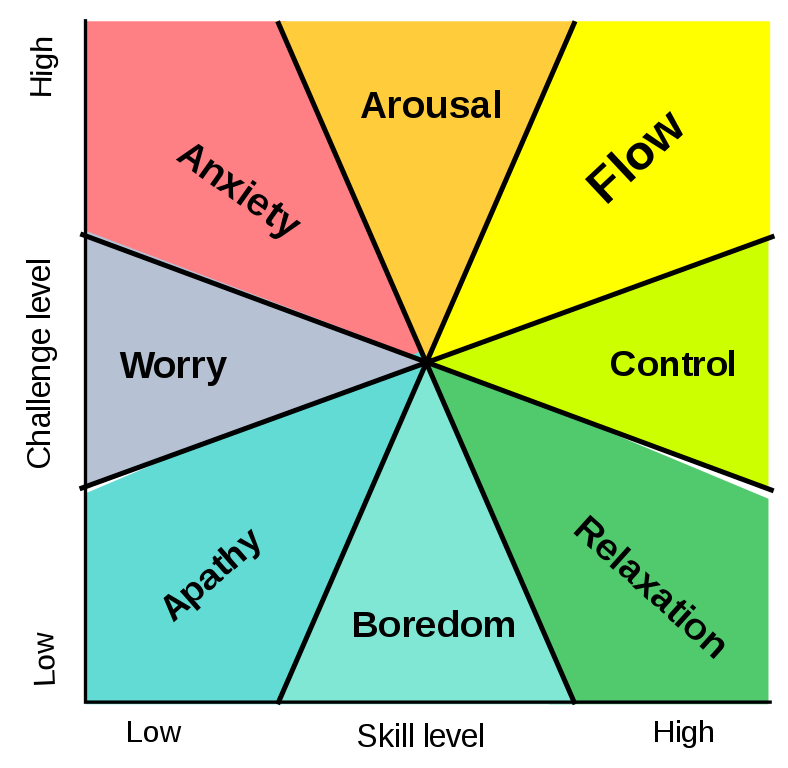
The Idea of an Invigorating Startup Life can Often be an Illusion
Fun and fatigue often go together
evergreen essay
- 🗓️ Date:
- 🗓️ Last modified:
- ⏱️ Time to read:
Table of Contents
Also published in Hacker Noon and Dev.to.
Working in a startup can be fun. Many people coming from large companies to work with startups claim that the environment is full of positive vibes, every single day truly feels like an opportunity to do something innovative. The words 'disruptive' and 'startups' often go along together.
A few months ago I decided to quit my job, mentor in web development workshops and then take a vacation to see my family. They lived in a different city, and I hadn’t seen them for almost an year. Felt like it would be nice to spend some quality time with them, before I start figuring out what the hell to do next.
I was working with startups all this time in Bengaluru, often described as the Silicon Valley of India LOL — and while it can be exciting to work in one, it can also be gruelling. In the beginning it feels great. When I just got out of college I was really desperate about landing a good role, and to prove just how much I cared about this wonderful app that they were building.

I would basically tell them anything that they needed to hear, and interactions with other fellow developers tell me that too they more-or-less do the same thing.
Often in the beginning of our career we’re naive and uninformed, and so we’re unable to evaluate our career prospects thoughtfully. If you’re thinking of taking a job in a new venture or already working in such a company, you should really do some introspection — mostly in the lines of self growth. Basically trying to find the answer to
Can I grow as a person and as a professional?
In the context of the startup world, this question can be answered by asking yourself a series of sub-questions on the following:
Skill development
Do you find yourself being able to constantly improve your skills or explore new stuff throughout the time that you’re planning to spend there?
During interviews, startup founders talk about the ground breaking stuff that they’re doing and often oversell themselves, and you’re inclined to believe them. You’ll be told about the incredible learning opportunity that you’d get, if you joined. It was my favourite thing to hear, and often I wouldn’t negotiate salaries thinking that the offer was already so generous.
When I finally update my LinkedIn profile, it’s gonna look so awesome!
But that’s oversimplified thinking. It took me a while to realize that there’s always gonna be learning in the beginning. If the company is into product development that consists of front-end and back-end, you’ll learn enough to use hacks and make something work.
A major part of your work will be about implementing new features and fixing bugs — which becomes straight-forward once you learn how to hack your way around code. But after the initial phase, you might not have the feasibility to learn anything more — you’re gonna be restricted to a specific role for a long time and can learn something only if the situation demands for it.
There might be a hiatus in your learning curve after a while.
For instance, in my case I always wanted to explore machine learning. Or learn Photoshop maybe? But since my job didn’t necessitate for these skills, I had no other choice but to try carving out time after office hours to do all those things.
…which brings us to the next subject —
Working against the Clock
Do you get enough time to do the things that you really really want to do?
In startups, a 9 AM to 6 PM job is almost unheard of. Most of them would tell you that they have flexible timings, but it’s mostly for the company’s benefit, not yours. Usually you’d see people working late, staying up until midnight almost every other day.
You might try out time management hacks, take fewer breaks, try to do some of your learning in your office itself. But that’s about the best you can do. There’s always more work.
In my instance, I thought if I came home early I could spend few hours working on open source projects or watch some videos on Coursera. Maybe work on that half built app that I always wanted to finish. But I couldn’t, since I often had to stay back in office late.
Trying to do too many things also drains your productivity — you need to be taking enough breaks if you don’t wanna experience burn-outs. Hard work is important, but if you’re constantly getting stressed out then you cease to be effective.
Busy does not necessarily equate to productive.


We’re humans after all, we’re not machines that are designed to take in coffee and productivity blogs as inputs and just transform into Elon Musk, being super productive, super motivated all the time.
Do you have a life outside of work?
Call it work-life balance, pursuing your interests, passions, hobbies, whatever. They’re all the same.
Many startups have 6-day work weeks. No Saturdays off meant that you couldn’t attend tech meetups, or mentor in workshops if you wanted to. Good luck in trying to finish that course work on Sunday or pursuing your hobbies, juggling between doing your laundry, spending time with your family and running other errands — because before you even realize it, the day is over.
You’ll frequently hear this during interviews, or when you talk about getting few days off —
“We’ve got lot of work to do, and we’re all trying to be as agile as possible and working really hard.”
or this —
“In another few months once we’ve released our first public beta then things will start going a little easier and we can take it in a relaxed pace”
There’s always pressure to stay ahead of the competition, to ship faster, get users and start becoming profitable. I can’t say I blame them entirely — when you’re overwrought, no amount of work seems enough. Convincing your boss to give you a few days off seems like an impossible thing to do.
What about those startups that offer an unlimited vacation policy? I’ve never been in one of those, but statistics indicate that employees take even fewer time off for themselves in those start-ups.

Giving up on your interests and hobbies is a bad idea, because these are the very things that make you who you are. They’re not useless, they have an effect on how you approach problems, how you deal with a crisis at work, in your interactions with your co-workers. All adding up to how others perceive you as a professional.
The journey so far
I have mixed feelings about the whole experience. Often it felt like we were sailing in this small speedboat, trying to overtake those gigantic, slow moving ships. The enthusiasm was often intoxicating —

The unpredictability also meant that things would go bat-shit crazy at times, especially when something breaks in production and it’s demo day…

Euphoria is inversely proportional to entropy. That’s something that nobody tells you.
So the answer to whether you should be working in a startup or not is a little more complex than a simple yes or no.
The bronze bullets
- Identify a place where you have a good pace of learning, a place where the work doesn’t overwhelm you. It’s very important that you not just negotiate for salaries, but that you also negotiate your work hours — a fixed number of hours that you’ll put in every weekday and no more than that, or perhaps Saturdays off, or perhaps remote working options. Also, read these Ten rules for Negotiating a job offer.
- It’s always a good idea to have personal side projects, so ensure you’re able to carve out some time everyday to work on those.
- Many early stage startups will not compromise on work hours at all. This is especially true in Asian countries like India. Moreover if you have less than a couple years experience, then it’s likely that you’ll be paid very less.
In my case it was the latter, so here’s what I did —
I decided to take a sabbatical.
If you’ve worked for couple of years and saved some money, consider taking a career break for anytime between few months to half a year and do everything that you always wanted to do. You’ll know when it’s the right time to take one.
It might feel unnerving at first, but later it starts feeling refreshing. You can take the week long vacation that you always dreamed about. Develop good habits. Meet interesting people. Learn to play a musical instrument, because that can help you write software better. Or go on that road trip that you always wanted to go but never could.
And in the meantime, constantly identify your own issues and fix those bugs that exist within you. Implement new features in yourself — so that when you get into the swing of things, the next release of you will be super awesome and something to look forward to.